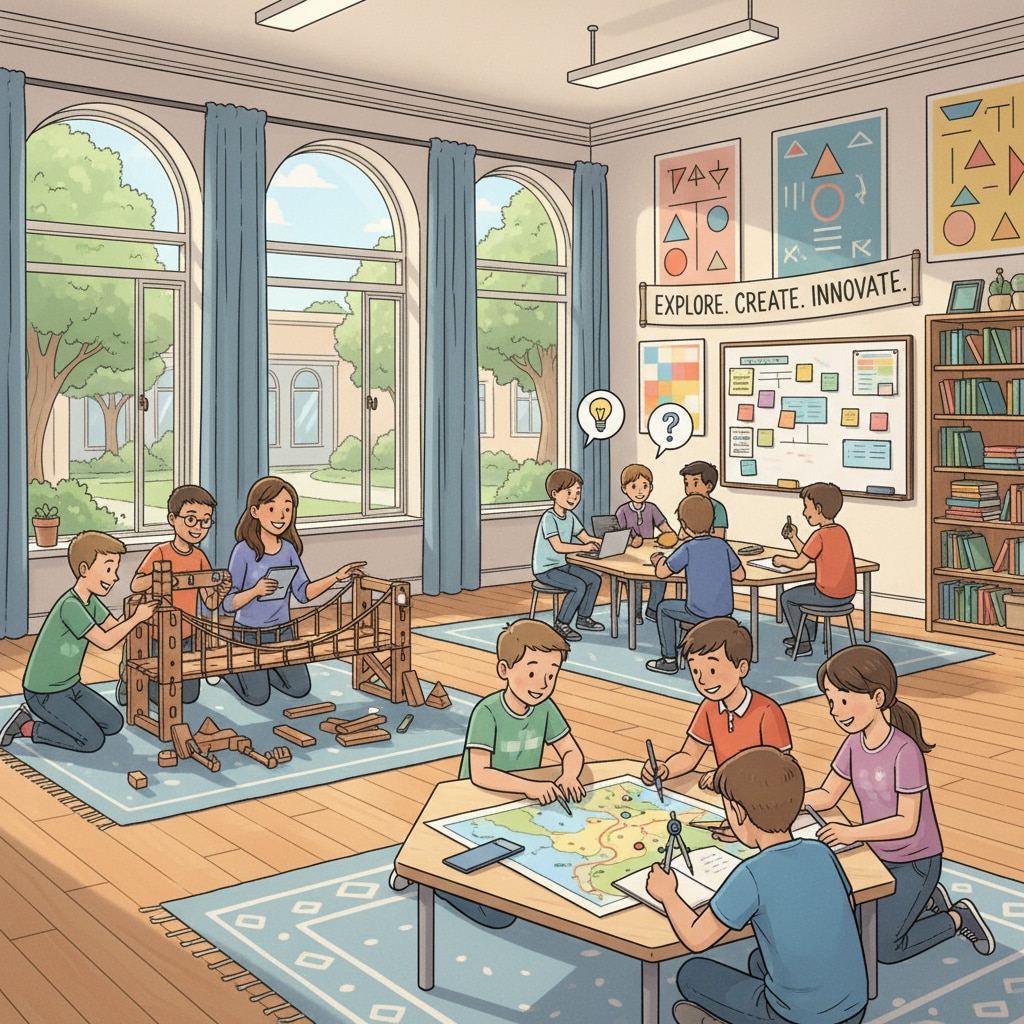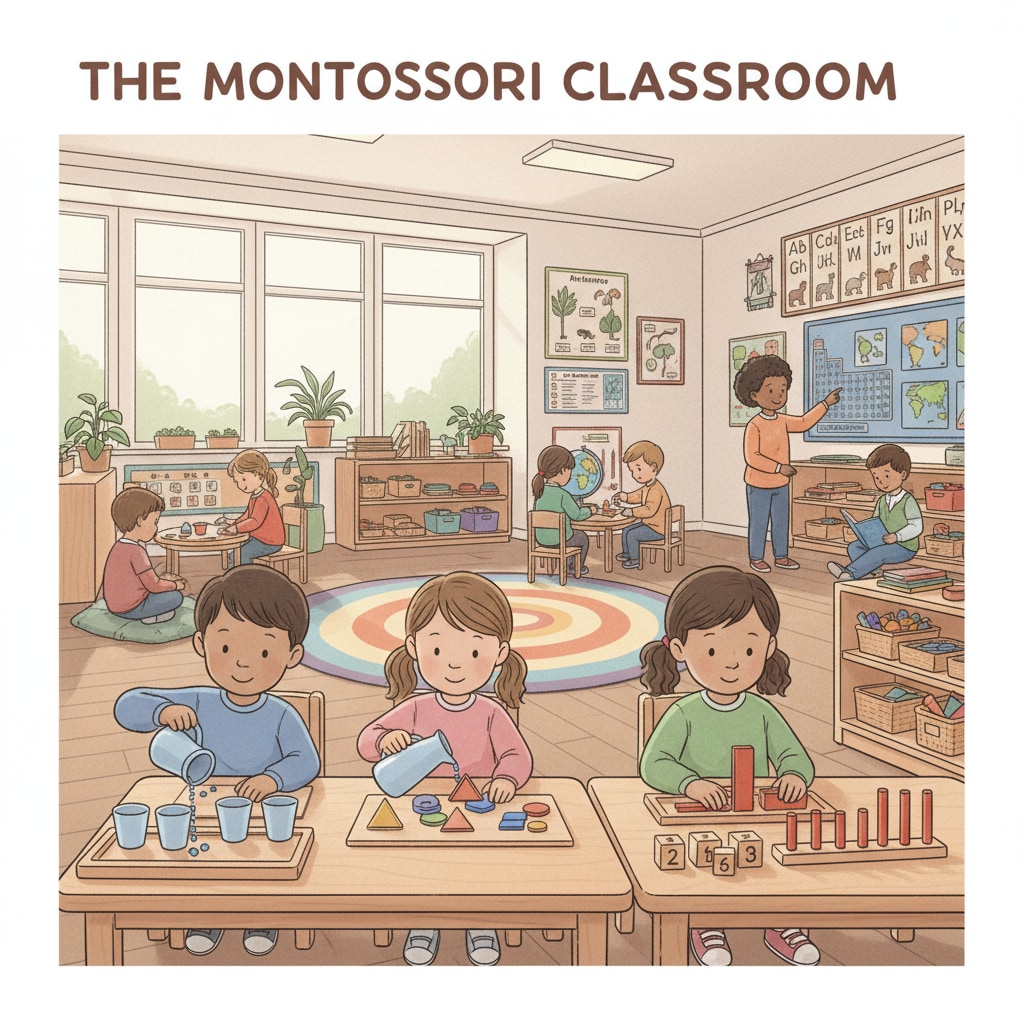Education choices, school adaptation difficulties, and alternative education are crucial topics when it comes to children who might be a bit “different.” Every child is a unique individual, and when traditional educational systems fail to meet their needs, it’s essential to explore other paths. For instance, some children may find it hard to fit into the one-size-fits-all model of mainstream schools. This is where alternative education comes into play.

The Limitations of Traditional Education
Traditional education often follows a standardized curriculum and teaching methods. While this can work well for many children, it leaves some kids behind. These “different” children may have unique learning styles, interests, or needs that aren’t catered to in a typical classroom setting. As a result, they may struggle academically, socially, or emotionally. For example, a child with a strong interest in art and a hands-on learning style may find it difficult to focus in a lecture-based class. According to Education Week, many students who don’t fit the mold of traditional education end up feeling disengaged.
Montessori Education: A Holistic Approach
Montessori education is one of the popular alternative education models. It emphasizes hands-on learning, independence, and self-directed exploration. In a Montessori classroom, children are given the freedom to choose their activities within a prepared environment. This approach respects each child’s unique pace of learning. For instance, they can work at their own speed on math or language tasks. As stated by Wikipedia’s page on Montessori education, this method aims to develop the whole child, including their physical, cognitive, and social-emotional aspects.

Another advantage of Montessori education is that it encourages a love for learning. By allowing children to explore topics that interest them, they are more likely to be engaged and motivated. This can be a great solution for kids who are bored or frustrated in traditional schools.
Democratic Schools: Student Empowerment
Democratic schools are another form of alternative education. In these schools, students have a significant say in their education. They participate in decision-making processes, such as choosing what to study and how to learn. This gives them a sense of ownership over their education. For example, students might vote on which topics to cover in a particular subject. According to research, students in democratic schools often show higher levels of self-confidence and responsibility. These schools believe in the power of student voice and aim to create a community where everyone’s opinions are valued.
Miniature Schools: A Close-Knit Community
Miniature schools offer a small and intimate learning environment. With fewer students, teachers can provide more individualized attention. This is beneficial for kids who need extra support or who thrive in a more personal setting. In a miniature school, the sense of community is strong, and students often form close relationships with their peers and teachers. This can help those who struggle with social interactions in larger schools. For instance, a child who is shy may find it easier to open up and participate in a smaller group.
Readability guidance: Throughout the article, we’ve used short paragraphs and clear language to enhance readability. We’ve also incorporated external links to reliable sources to back up our claims. Each section has been organized to clearly present different alternative education options, helping parents understand the choices available for their “different” children.


